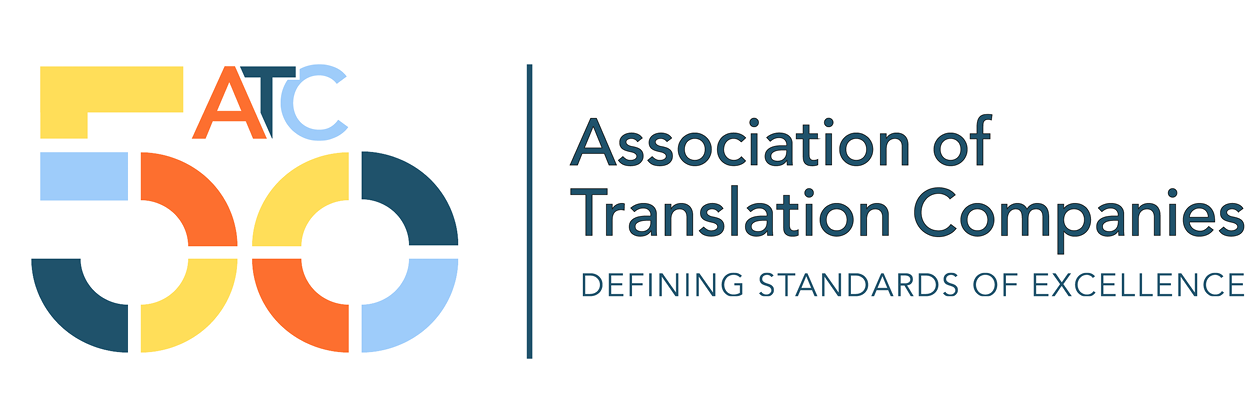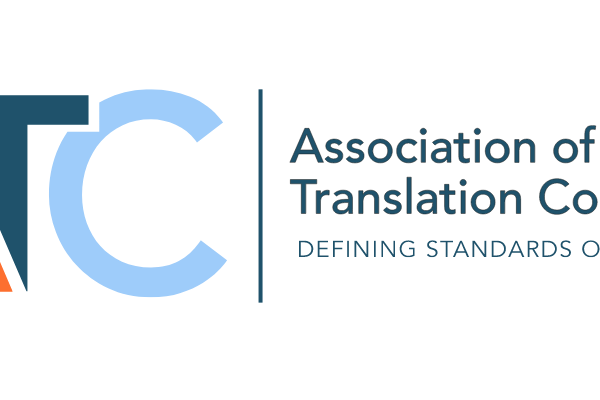To celebrate the ATC's 50th anniversary as trade association and community of language service companies,…

![]()
The ATC’s Member of the Month in June 2021 is Day Translations, a US-based global language solutions provider and Accredited ATC Member.
We caught up with Day Translations’ founder and President Sean Hopwood to talk about building a global presence, the precarious nature of Google, and surviving COVID – and share a few tips and tricks for companies looking to penetrate the US market.
Originally a working Spanish translator, Sean started Day Translations 14 years ago to meet growing client demand. Today, Day Translations has 15 offices across the US and the world.
“We have always had a global mindset, and for us it’s important to have a local presence in our target markets. Most of our global offices are still small, but we have a strong push to grow, and are actively building our base in our number one target market, India, from our offices in Bangalore and New Delhi,” says Sean.
In building a global presence, business development through Google optimisation has been a key feature in Day Translations’ strategy since the early days. “Taking on individual translation assignments at our global offices has worked really well for us. These are not significant in terms of revenue, but happy customers leave good reviews on Google, and that boosts our organic ranking in the city,” explains Sean.
But it hasn’t always been an easy ride with Google, Sean recalls. “We were hit hard back in 2012 when Google started banning websites for ‘bad SEO practice’. Our website was one of the ones that got banned, and as a direct consequence, we lost a lot of business and had to fix everything. But we have come back stronger from that.”
Like many language service companies, Day Translations’ operations were affected by the COVID pandemic, but the company recovered quickly and grew 5-10% during the year, aided by an influx of COVID-related work. “Our conference interpreting work was badly disturbed, but I never wanted to give up or stop what we were doing, so we found new markets in, for example, interpreting at international church services,” says Sean, who himself took a 100% pay cut for six months.
“For me, it was important to support our people and just keep on going. At the very beginning, we made sure that our interpreters were properly equipped, and many of our staff took a pay cut and reduced their hours to help us pull through. We got everyone back to full-time after 5 months.”
Around 80% of Day Translations’ revenue comes from its domestic US market, with Spanish as the overwhelmingly important language.
“That’s my number one tip for a company looking to enter the US market, understanding the language dynamic with Spanish,” advises Sean. “Nationally, over 25% of the US population are Hispanic, but in many areas, like my home city of Tampa in Florida, it’s more like 50%. Everyone wants to learn Spanish and about the Hispanic culture, and all businesses want to cater to the Hispanic market. But of course, there’s also a lot of competition in this space.”
Sean’s second tip is to focus on the big cities with the highest demand, New York, Washington DC, Chicago and Los Angeles, without forgetting the ones that people tend to overlook, like Phoenix, Arizona, and Houston, Texas. “These places have a lot of immigrants, a lot of demand,” says Sean.
“My third piece of advice is about making it easy for clients to buy from you. US customers like to pay by credit card, and we don’t really use wire transfers at all,” Sean tips.
As an ATC member company, Day Translations believes in global collaboration. “We still have a lot of work to do in raising awareness of the need for professional services and professional linguists, and with the support of their members, industry associations have a big role to play in this – along with the larger industry players with their visibility and drive for innovation, which inspires us smaller organisations to continuously improve,” concludes Sean.


